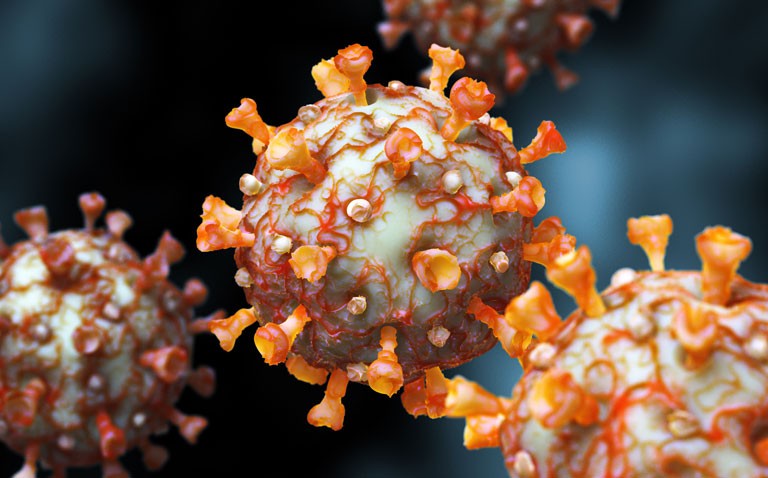The most severe form of COVID-19 infection in children is associated with potentially life-threatening multisystem inflammatory syndrome but the optimal therapy for this condition is still unclear.
Infection with COVID-19 in children leading to hospitalisation is uncommon, accounting for only 1%-2% of cases. Nevertheless, in April 2020, it was found that a hyper-inflammatory disease was reported in children in both Europe and the US, presenting two to four weeks after a severe COVID-19 infection. This was subsequently termed multisystem inflammatory syndrome in children (MIS-C) and is associated with a range of clinical features including a persistent fever, digestive symptoms, a rash, non-purulent conjunctivitis and more seriously, acute cardiac dysfunction that requires haemodynamic support in the majority of cases. However, the most effective treatment for MIS-C remains unclear. Some children have been treated with intravenous immunoglobulins (IVIG) either alone or with corticosteroids, based on the effectiveness of this regime for Kawasaki disease and which has been used as an empirical therapeutic approach for children with MIS-C. Given the uncertainty over the most effective therapy, a team from the Assistance Publique-Hopitaux de Paris, France, retrospectively analysed the outcomes of children treated with IVIG either alone or with methylprednisolone (MP). Children presenting at their hospital and who met the inclusion criteria for MIS-C were included in the analysis. The primary outcome was treatment failure defined as persistence of fever for 2 days after the initial therapy or recurrence of fever after 7 days of treatment. Secondary outcomes included the occurrence of acute left ventricular dysfunction and the duration of hospital stay.
Findings
A total of 105 children with a mean age of 8.6 years (52% female) were included in the analysis of whom, 34 received IVIG and MP compared to 72 using IVIG alone. The drugs were given at a dosage of 2g/kg (IVIG) and MP 0.8 to 1mg/kg every 12 hours for 5 days. Treatment with IVIG and methylprednisolone was associated with a lower rate of treatment failure, 9% vs 38% (IVIG & MP vs IVIG alone), giving an odds ratio of 0.25 (odds ratio, OR = 0.25, 95% CI 0.09–0.70, p = 0.008). There was also a significant difference in acute left ventricular dysfunction in the combination group and a shorter median time in hospital (4 vs 6 days, IVIG & MP vs IVIG alone). Although these results suggested a benefit from combination therapy, the authors acknowledged the limitation from its observational design.
Citation
Ouldali N et al. Association of intravenous immunoglobulins plus methylprednisolone vs immunoglobulins alone with course of fever in multisystem inflammatory syndrome in children. JAMA 2021; Feb 1










